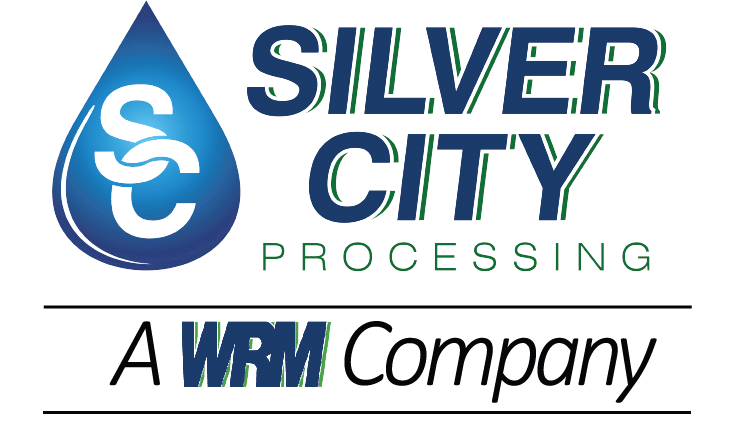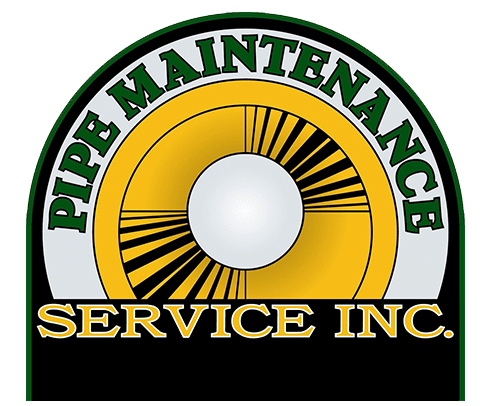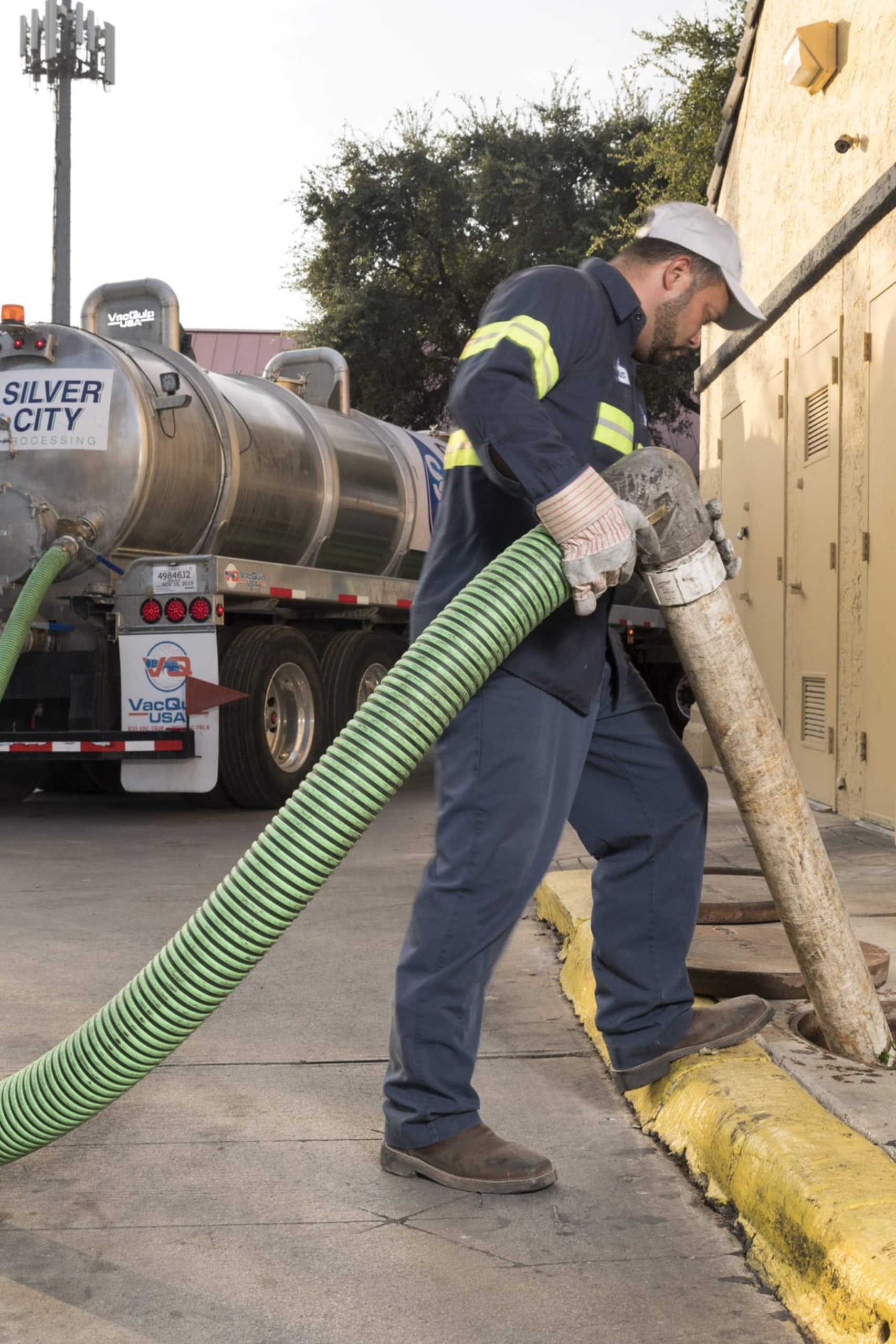Las Vegas is known for its vibrant entertainment, world-class casinos, and its thriving restaurant scene. With numerous eateries in the city, proper grease trap maintenance is crucial to ensure the proper functioning of commercial kitchens while also adhering to local regulations. In this blog, we will delve into the local regulations for grease trap maintenance in Las Vegas, providing restaurant owners and operators with a comprehensive understanding of their responsibilities.
Importance of Grease Trap Maintenance:
To set the context for local regulations, it is essential to highlight why grease trap maintenance is crucial. Restaurants generate significant amounts of food waste, oils, and fats that can clog sewer lines and harm the environment if not properly managed. Regular grease trap maintenance prevents blockage, foul odors, and potential fines, while promoting efficient wastewater treatment.
Local Regulatory Authorities:
The Southern Nevada Health District (SNHD) is the primary regulatory authority responsible for overseeing food establishments’ compliance with local health and safety codes in Las Vegas. They establish and enforce grease trap installation, maintenance, and cleaning guidelines.
Grease Trap Sizing and Installation Requirements:
Restaurants must comply with specific guidelines when installing a grease trap. These guidelines outline the proper sizing and location of the grease collection trap, ensuring it is appropriate for the volume of wastewater generated by the establishment. Additionally, it is vital to consult the SNHD’s regulations and work with a licensed plumber or engineer during installation to maintain compliance.
Regular Cleaning and Maintenance:
SNHD regulations require that grease traps be regularly cleaned and maintained to prevent blockages and ensure smooth operation. The cleaning frequency depends on the trap size and the grease volume generated by a particular establishment. Typically, cleaning is done every 30 to 90 days to ensure optimal performance.
Reporting and Record-Keeping Requirements:
Restaurant owners and operators must maintain accurate trap cleaning and maintenance records. These records should include details such as the service date, cleaning frequency, contractor’s information, and disposal records. These records may need to be produced during inspections to demonstrate compliance with local regulations.
Penalties for Non-Compliance:
Failure to comply with local grease trap maintenance regulations can result in penalties and fines. SNHD conducts routine inspections to ensure restaurants maintain their grease collection according to guidelines. Additionally, violations can lead to citations, increased inspection frequency, or even closure of the establishment if the conditions are severe and pose a threat to public health.
Resources and Support:
SNHD offers educational resources and support to assist restaurant owners in understanding and complying with trap maintenance regulations. Furthermore, they provide guidance documents, training programs, and access to experts who can answer specific compliance-related questions. Taking advantage of these resources can lead to better understanding and smoother adherence to the regulations.
Working with Professional Grease Trap Service Providers:
Partnering with a professional grease trap service provider can significantly aid restaurant owners in maintaining compliance with local regulations. Also, these experts have the experience and knowledge to ensure proper cleaning, maintenance, and record-keeping, allowing business owners to focus on their core operations.
Silver City Processing Can Help You with Local Grease Trap Regulations
Understanding and complying with local regulations for grease trap maintenance in Las Vegas is vital for restaurant owners and operators. Adherence to these guidelines promotes a healthier environment, prevents costly damages, and ensures the smooth operation of commercial kitchens. By staying informed, being proactive, and working with reputable service providers, restaurant owners can navigate the local regulations effectively, contributing to a sustainable and thriving food industry in Las Vegas.


